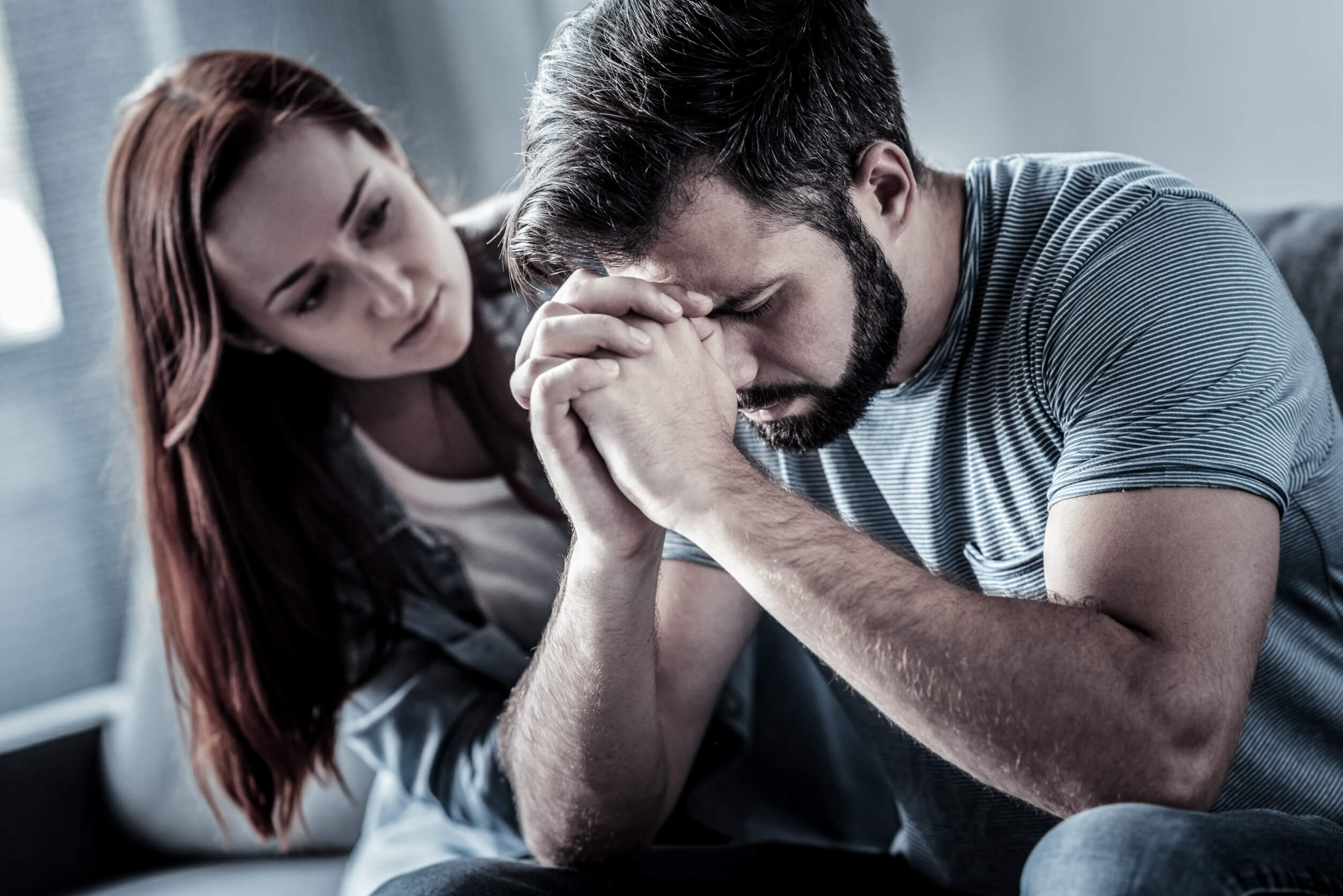Crying is hard but understandable — most of the time. What about when it feels like you’re crying for no reason? And what can you do if it keeps happening?
Last updated: June 7th, 2024
We cry when we feel a burst of emotion, or when we’re in physical pain. Crying is healthy. It can soothe us, reduce pain, and show others that we need help. It is not a sign of weakness, as some believe. Yet sometimes crying seems to happen randomly or out of the blue. If crying seems to happen for no reason on a regular basis, it could be a sign of emotional difficulties.
Depression is one potential cause of crying for no apparent reason. You might cry even if you don’t feel sadness at the moment when the crying happens. Although sadness the emotion most common in depression, other emotions such as hopelessness, guilt, loneliness, worthlessness, or despair could be playing a role as well.
Anxiety can also lead to crying for no reason. Even if you aren’t feeling scared or nervous, experiences such as persistent worry, uncomfortable bodily sensations, or thinking about how things could go wrong can be part of anxiety. Crying may seem to come on suddenly and out of nowhere when you’re experiencing these symptoms of anxiety.
Unexpected crying can also happen if you have difficulties regulating your emotions. Emotion regulation is a term for how we cope with, ride out, and get through the emotions we feel. If your feelings are more intense and difficult to manage than they are for others, you may have difficulties with emotion regulation. For many people with emotion regulation problems, the reason they feel upset might be completely understandable, but the size and impact of the emotions is disruptive.
When to Get Help for Unpredictable Crying
Crying without knowing why doesn’t always mean something’s wrong. However, it’s important to know when to get help for unpredictable crying spells. You might consider seeking treatment if your crying for no reason:
- Is frequent and ongoing
- Feels out of your control and is upsetting to you
- Comes along with feeling low or on edge in general
- Occurs with strong mood swings or shifts in mood
- Disrupts your daily life — such as affecting your ability to work, causing problems in relationships, etc.
Proven Treatments
In cognitive-behavioral therapy (CBT), the first step is figuring out a way to make sense of crying spells that is unique to the individual.
One way a CBT therapist can help you do this is to increase your mindfulness of emotions. This can include practicing noticing and naming which feelings often come up when crying happens. Another CBT technique is functional analysis. Here, the therapist helps you identify “chains” or linkages between various feelings, thoughts, and other behaviors that may lead up to crying (or follow it). These tools can help clarify if depression, anxiety, or emotion regulation difficulties might explain unpredictable crying.
RELATED: What Causes Depression? It May Not Be What You Think
Therapy can then focus on treating whatever seems to maintain the crying. CBT uses many proven techniques for depression and anxiety. These include practical skills that can both improve mood and make depression or anxiety less likely to come back. There are also effective CBT strategies for problems with emotion regulation. A specialized form of CBT called dialectical behavior therapy (DBT) is often used to help people with chronic problems with emotion regulation. One goal of DBT is to make it easier to cope with strong or unpleasant emotions and reduce their influence on your overall mood and wellbeing.
Consulting with a CBT therapist can help you make sense of crying for no reason, and recommend the type of help that’s best for you. If unpredictable crying is causing problems in your life, please contact us.










6 Comments